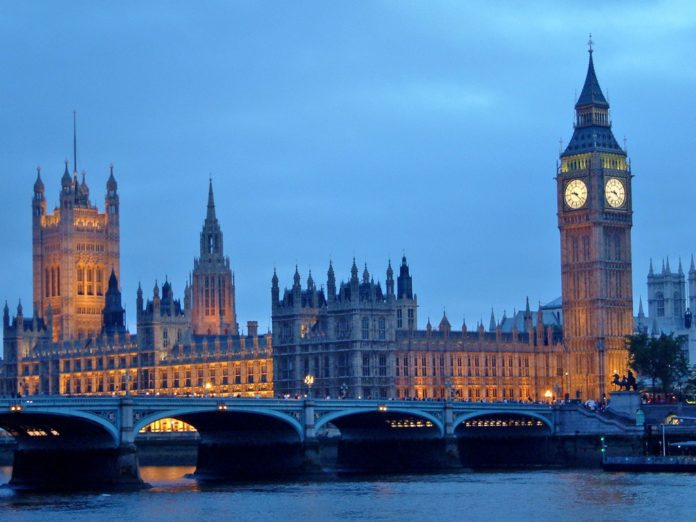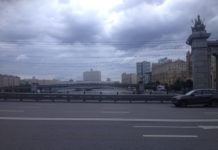Winston Churchill described Russia as “a riddle wrapped in a mystery inside an enigma”. But if the largest nation in the world remains for the most part an unanswered question to many in the West, it has also been a source of fascination for us too. And never more so than now.
From glossy TV blockbusters like McMafia – which explored the global reach of the Russian underworld across just about every level of our society – to the continued accusations of Russian influence in US politics; from billionaire oligarchs like Chelsea boss Roman Abramovich and Evgeny Lebedev, owner of the London Evening Standard and The Independent to the growing fame of Russian fashion designers such as Alisa and Julia Ruban (cited as an inspiration by Stella McCartney) and Valentin Yudashkin, whose designs have been exhibited at the Louvre and the Metropolitan Museum of Art in New York… Russia is, as they say, “having a moment”.
And that influence is only set to intensify this summer, as an estimated one million football fans flock to 11 cities across the country for the World Cup – including around 27,000 England supporters.
According to strategic consultant Steve Lacey, deputy chairman of the Westminster Russia Forum and owner of global insight consultancy SLS Strategy, the tournament is being seen in Russia as an opportunity for the nation to showcase itself on the world stage.
“I think it’s going to be hugely successful as a global PR exercise,” he says. “It’s a moment where they can really bring people together and show Russia in a positive light, rather than those negative stereotypes of gangsters and gold diggers. It’s a wonderful, endlessly intriguing country, and this is a great chance to show that off to the whole world.”
Lacey believes that the British in particular have long had a fascination with Russia. “We’ve always been captivated by Russia and Russians – perhaps because their history and culture is so different from ours,” he says.
“They had no enlightenment or reformation, which were the two great cultural influencers of the West. And then, of course, for half a century during the Cold War they were seen as the bogeyman, threatening the West.
“Now there’s suddenly all this money, and extraordinary characters like Putin… It all layers up to this very interesting, complex cultural image that we’re increasingly drawn to. They don’t play by the Western rule book – part of our fascination with them comes from the fact that we don’t really understand them so well. We can’t read them.”
Perhaps we have never really wanted to understand them so well. McMafia may have been criticised by the Russian Embassy for pandering to clichés, but it was a ratings smash – and came hot on the heels of 2016’s lavish BBC production of Tolstoy’s War & Peace (also starring James Norton) and the Keira Knightley/Jude Law big screen remake of another seminal Tolstoy text, Anna Karenina.
And this March sees the release of Red Sparrow, a high-octane thriller starring Jennifer Lawrence as a Russian ballerina recruited to the Secret Service via Sparrow School – a spy training academy where she is equipped with the physical and mental skills required of an elite-level agent.
Based on the book by Jason Matthews – a former CIA operative – we’re immersed in the world of subterfuge from the Russian perspective, in a film that’s as thought-provoking as it is gripping and unpredictable.
And as political landscapes shift, we’re not only growing more beguiled by Russia from a cultural viewpoint, but as a source of potential economic opportunity.
Last year, Western retail giants LK Bennett, Aquazzurra and Wrangler all announced ambitious expansion plans across the region, while Cheltenham fashion label Superdry opened a flagship Moscow store, with plans for a further 20 shops by 2020.
It’s a move described by Reinhard Doepfer, senior adviser for the European fashion industry at Schneider Group, which helps brands enter the Russian market, as “the beginning of a new growth phase in Russia” for British companies.
Steve Lacey believes that this increased closeness means Russia will only have a greater influence on British life.
“Post Brexit, nobody’s entirely sure what’s going to happen, but by necessity Britain is going to have to cut more deals and that means closer ties,” he says. “Russian culture is increasingly prominent in Britain, but at the same time it’s so different from our own – and perhaps that’s why we’re irresistibly drawn to it.”


